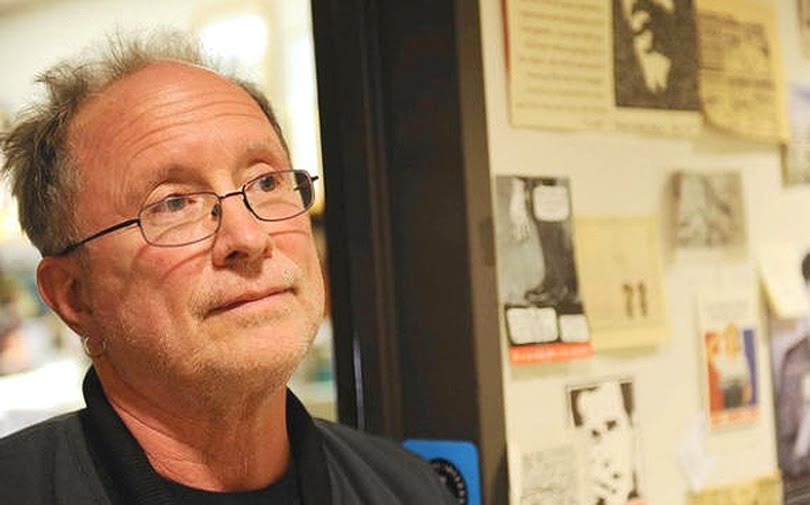5 Questions for Bill Ayers: Policy Reform

I interviewed former Distinguished Professor of Education and Senior University Scholar at the University of Illinois at Chicago, Bill Ayers. His various articles on education have appeared in countless publications, including the Harvard Educational Review, The Nation, The New York Times, and Rethinking Schools. Along with his academic career, Ayers was actively involved with the Civil Rights movement where he fought discrimination in Ann Arbor, MI.
Could you provide your background in policy reform?
Ayers: I'm not a policy person really, although I was an assistant to the Deputy Mayor for Education for a couple of years, and I led a couple of big grants to reform Chicago schools, including the Small Schools Workshop. All of those efforts were geared to motivating, engaging, and empowering parents, communities, teachers and kids to take control of their schools.
In your professional opinion, do citizens have the power to reform policy in the United States?
Ayers: Policy is too-often a technical, linear, expert-oriented affair. This is the world of policy wonks and traditional ed researchers. But of course citizens---mass movements---do indeed have the power to impact policy and change the world. Citizens ended slavery, won women's suffrage and the right to strike, and an end to Jim Crow. Another world is possible, and citizens/residents can make it happen.
What steps can citizens take to reform policy?
Ayers: Build popular power through agitating, dissenting, organizing, re-framing and connecting the issues, making a moral case for change and engaging the political realm.
Do you think policy reform has made some significant changes from your perspective?
Ayers: Yes. The creation of public schools a century ago was huge. It's an ideal never fully realized and now under withering attack, but it was a significant change at the time, and a contested space now. And of course right wing policy---think Citizen's United---has made significant if reactionary change.
What advice do you have for people regarding policy reform?
Ayers: Mobilize popular power.




